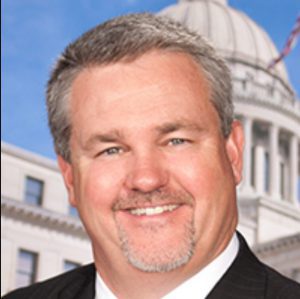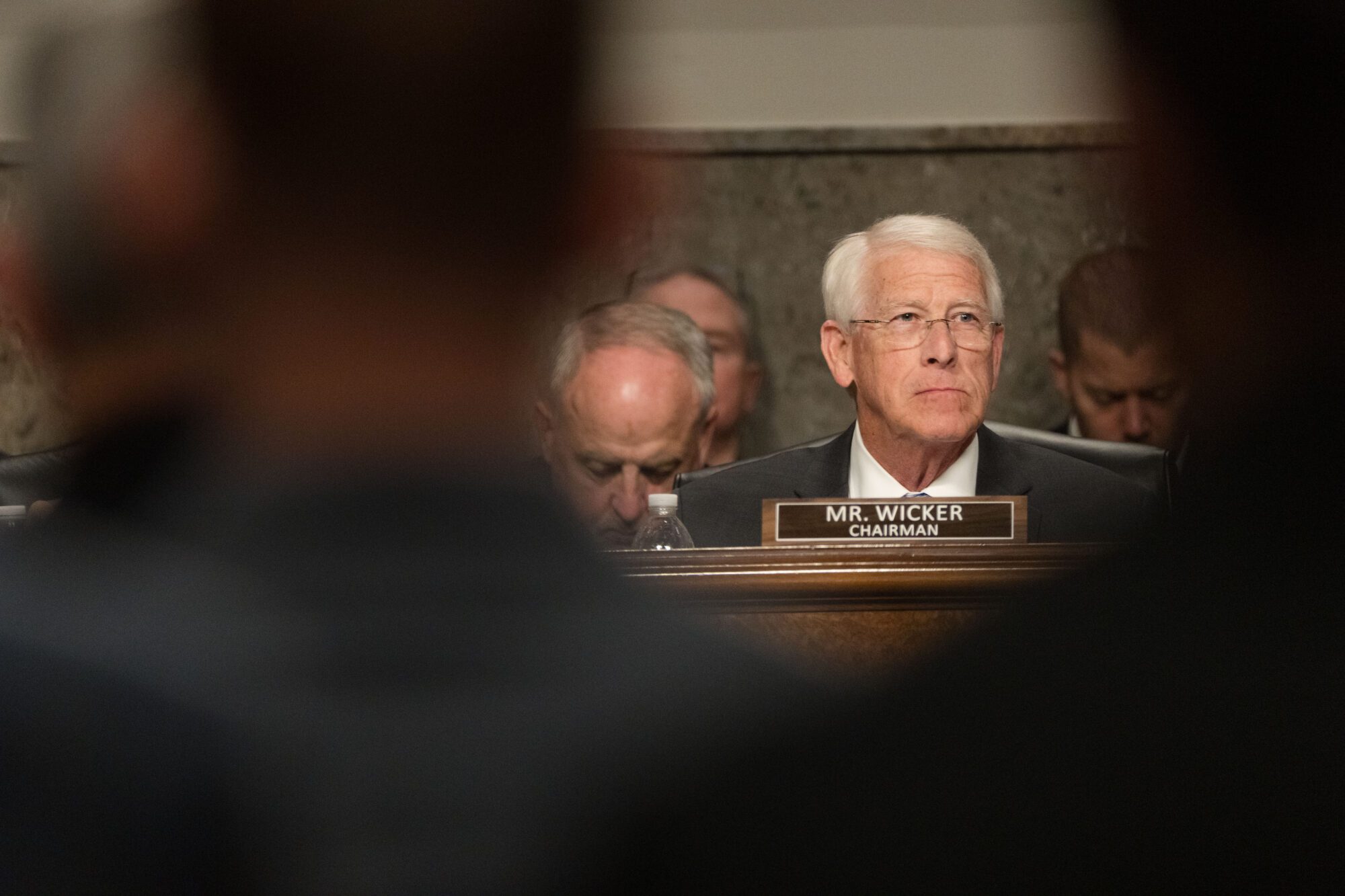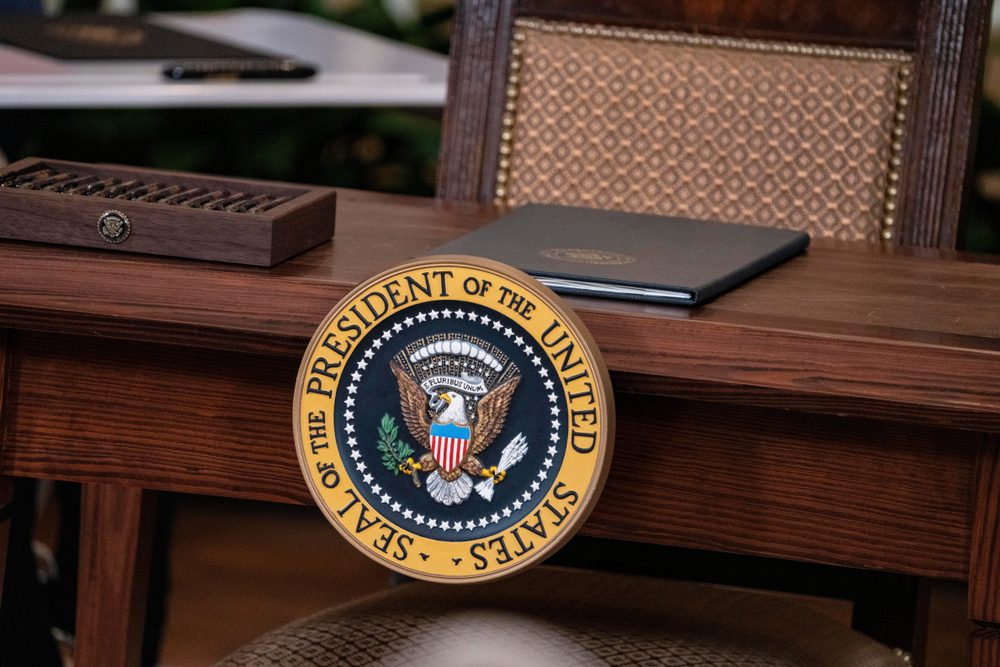
by Sarah Ulmer
At the Capitol on Tuesday, parents, teachers and students from diverse backgrounds around Mississippi gathered with lawmakers to promote School Choice.
For Leah and Blake Ferretti finding better educational options for their two boys was if fact, not an option. It started when their oldest, Thomas, who is 8, was diagnosed with Dyslexia; a disorder that was not recognized in their district.
“At the end of the day they still couldn’t offer adequate services for him so we decided I was going to go back to school to be the therapist for him,” said Leah. “So we went to the school and recognized they did not have anyone on staff to treat him, so I asked if I could come in and treat my own children but we were denied that. At that point we knew we needed to do something.”
The Ferretti’s then applied for ESA and were put on a wait list. They made the decision to put the boys in a private choice school that will allow Leah to come in and provide therapy for Thomas, and now her younger son Henry, who was also diagnosed with Dyslexia.

“I am a former public educator and I had no idea parents were being put down this road,” said Leah.
“We are not anti-public schools, we are pro-public school. We want them to be successful and educate the 70 to 80 percent of children they will get. However, you still have that percentage of students that public schools cannot meet the needs of, so we want parents to be able to make a choice on where their child is educated, “said Blake Ferretti.
“There are a lot of people invested in keeping the system where it is, and for a lot of kids thats fine and we don’t want to change anything for kids who are getting a great education,” said Grant Callen with Empower Mississippi. “But, for too many Mississippi kids our education system is failing them. What we need is for parents to have the freedom to choose what is best for their kids.”
The Governor framed the fight for school choice as important as the school desegregation battles of the 1950s like Brown vs. The Board of Education. While he might have gotten the location of that fight incorrect (he cited Little Rock, Arkansas, site of another major desegregation battle), his point was still the same. The nexus for change was one family was fed up with being told where they could send their children to school, this time based on the color of their skin instead of their zip code. These parents believed they knew what was best for their children’s success and they fought for it, ultimately winning a major victory for school desegregation.

Children are no longer told where they can get an education based on their skin color, but they are told where they must go to school based on where they live, regardless if their needs are met by the system.
“For years during the Civil Rights era Government told parents your child can only go to this school. We need to change that once again, open up school choice for all of these children today. You see the diversity of the crowd let them pick the best school system for their district and let the money follow the child,” said Gov. Bryant.
He said claims made by those who oppose school choice because it is “taking money away from the system” are “just ridiculous” and they need to take a broader look at education. He says school choice is about the child, and allowing parents to make a decision in the best interest of their child.
School Choice falls right in line with recent legislation passed in the House for a new education funding formula, HB957. Within the bill more dollars would follow the student, versus a teacher based model that appropriates money based on the number of teachers you have in a school and the number of students being taught.
“We would really like to see the ESA expanded to everyone. At the end of the day we want every child in the state of Mississippi to have a choice. Your school should not be dictated to you by a zip code, a local politician, or a district for that matter. You should be able to go wherever you want to go,” said Blake Ferretti.











